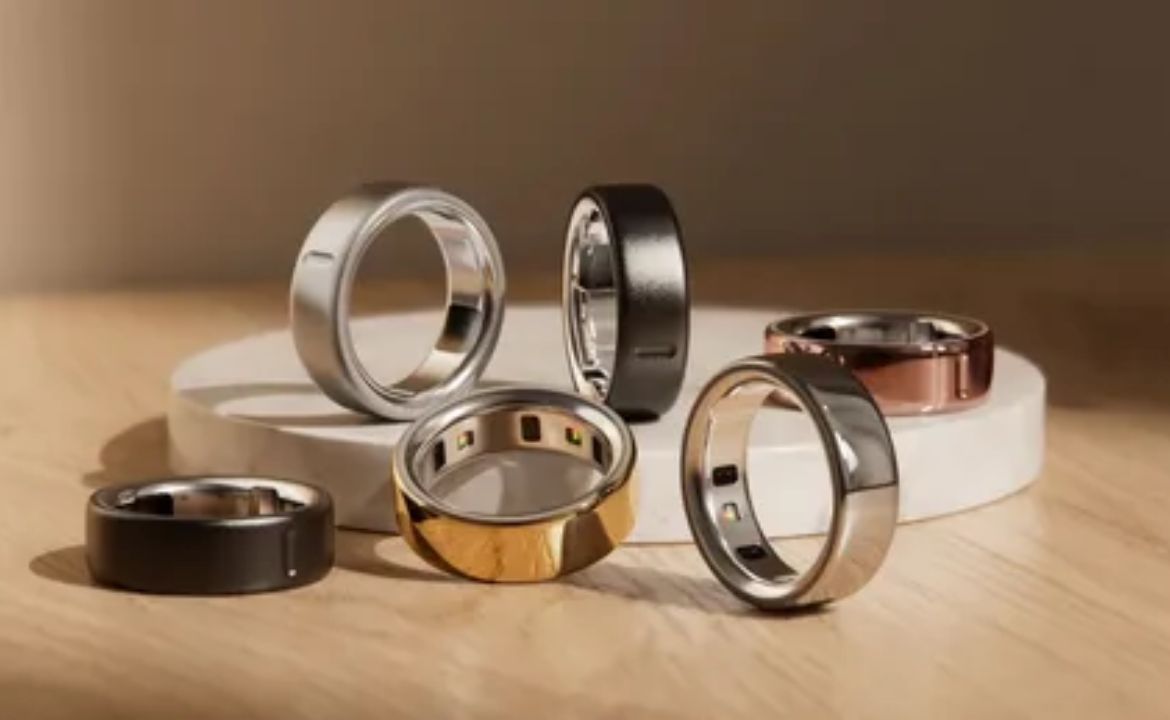In a significant development in the health technology sector, the Defense Health Agency (DHA) has officially canceled its solicitation related to the procurement of the Ouraring biometric ring. This decision marks a notable shift in the approach of military health monitoring and wearable biometric technologies. This article explores the background of the solicitation, the reasons behind the cancellation, and the potential implications for both the DHA and the broader health technology market.
The Defense Health Agency is a key organization within the United States Department of Defense, responsible for managing and overseeing medical services for the military. As part of its commitment to enhancing the health and readiness of service members, the DHA continuously explores advanced technologies to monitor health metrics more effectively.
The Ouraring biometric ring is a wearable device designed to track various physiological parameters, including heart rate, sleep patterns, body temperature, and activity levels. Known for its sleek design and continuous health monitoring capabilities, the Ouraring has gained popularity in civilian markets for personal wellness tracking.
Recognizing the potential benefits, the DHA issued a solicitation seeking to acquire the Ouraring biometric ring for its health monitoring programs. The goal was to leverage this technology to improve the early detection of health issues, optimize fitness, and enhance overall service member readiness.
Despite initial enthusiasm, the DHA recently announced the cancellation of the Ouraring biometric ring solicitation. While the agency has not publicly detailed all reasons behind the decision, several factors are likely to have contributed.
1. Technical and Security Concerns: Military health data is highly sensitive, and any wearable technology used must meet strict security and privacy standards. There may have been concerns regarding the device’s ability to securely handle classified or personal health information, which is critical in defense settings.
2. Integration Challenges: Implementing a new biometric device into an existing military health infrastructure can be complex. Compatibility issues with current systems, data management protocols, and user training requirements may have presented significant hurdles.
3. Budgetary Constraints: Defense budgets often require reallocation based on evolving priorities. The cost of procurement, along with ongoing maintenance and support for wearable devices, may have contributed to the decision to cancel the solicitation.
4. Performance and Reliability: The DHA likely evaluated whether the Ouraring ring met the rigorous demands of military use, including durability in diverse environments and accuracy of data collection. Any shortcomings in these areas could impact the decision.
The cancellation of the Ouraring solicitation signals a cautious approach by the DHA in adopting consumer-grade biometric technologies for military health applications. It underscores the importance of ensuring that any deployed technology meets the stringent requirements of defense environments.
This move may prompt the DHA to explore alternative wearable health monitoring solutions that better align with military standards. The agency might also invest in developing proprietary technologies or collaborating with specialized defense contractors to create devices tailored specifically for military needs.
Additionally, the cancellation highlights the broader challenges faced by defense agencies in integrating commercial health technologies into their systems. Balancing innovation with security, reliability, and cost-effectiveness remains a delicate task.
For Ouraring as a company, the cancellation represents a missed opportunity to enter a significant institutional market. Military contracts often provide substantial revenue and validation for emerging technologies.
However, the consumer demand for biometric rings and other wearables remains strong. Ouraring continues to serve a broad user base interested in wellness and health optimization, and it may seek partnerships in other sectors, including corporate wellness programs or healthcare providers.
The cancellation may also serve as a lesson for other wearable technology companies aiming to enter government or defense markets. It highlights the need to prioritize security features, ensure compliance with regulatory standards, and design products capable of meeting the demanding conditions of military use.
Despite this setback, wearable biometric technology remains a promising area for military health monitoring. The potential benefits, such as real-time health data, early illness detection, and improved fitness tracking, align closely with the needs of modern military forces.
The DHA and other defense agencies are likely to continue exploring and testing various wearable devices, seeking solutions that can withstand the unique challenges of military deployment. Future innovations may incorporate advanced encryption, rugged hardware design, and integration with broader health information systems.
The cancellation of the DHA solicitation for the Ouraring biometric ring reflects the complex nature of adopting commercial wearable technology within military health systems. While it presents challenges for both the agency and the company, it also opens the door for further innovation and development in the field of biometric monitoring.
As defense organizations strive to enhance service member health and readiness, the search for the ideal wearable solution continues. The evolving landscape of biometric technology promises new opportunities, provided that these devices can meet the high standards required for military use.
